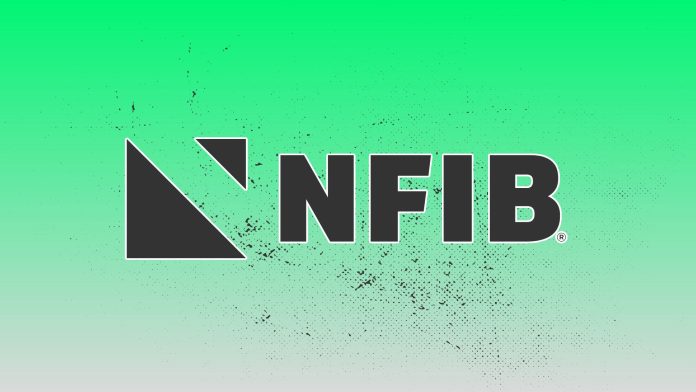A recent case from Nevada highlights the serious implications of fraud within the Paycheck Protection Program (PPP), a key lifeline for small businesses during the pandemic. Meelad Dezfooli, a Henderson resident, was sentenced to over 15 years in prison for fraudulently obtaining more than $11 million in PPP loans, demonstrating a stark reminder of the need for vigilance among small business owners and financial institutions alike.
Dezfooli’s activities serve as a cautionary tale for small business owners navigating financial relief programs. According to the U.S. Department of Justice, he submitted multiple fraudulent applications supported by fabricated documents, inflating employee numbers and payroll expenses to secure funds. This not only compromised the integrity of the PPP but also diverted essential resources from legitimate businesses struggling during one of the most challenging economic periods.
“Mr. Dezfooli falsified loan applications to fraudulently obtain PPP loan proceeds that he used to enrich himself to the detriment of legitimate businesses,” stated Special Agent in Charge Ryan Korner of the Federal Deposit Insurance Corporation’s Office of Inspector General. His actions underscore the broader consequences of fraudulent activities, which can undermine trust in government relief programs.
Dezfooli’s fraudulent venture included laundering the proceeds through real estate transactions, gambling, and high-end purchases, from luxury cars to gambling debts. He used aliases and a fictitious trust to conceal his actions. This not only exemplifies the lengths to which some individuals will go to exploit relief measures but also highlights potential vulnerabilities in the verification processes that small business owners should be aware of when applying for assistance.
The consequences of such fraud are severe. Dezfooli was ordered to pay restitution of nearly $11.8 million, along with significant forfeiture of assets, including vehicles and properties tied to the fraudulent loans. “This sentencing holds accountable and brings to justice a fraudster who stole millions of taxpayer dollars intended to help small business owners,” said Jon Ellwanger, Special Agent in Charge of the Office of Inspector General for the Board of Governors of the Federal Reserve System.
For small business owners, this case reinforces the importance of diligence in financial dealings. While the PPP was designed to provide critical financial support, a lack of thorough verification can lead to unintended consequences for those seeking rightful aid. Engaging with trusted financial advisors and ensuring the accuracy of submitted documentation can help mitigate risks associated with potential scrutiny from authorities.
Moreover, the extensive collaboration among law enforcement agencies in this case, including the IRS and various Offices of Inspector General, illustrates a robust framework aimed at deterring fraud. This cooperation not only seeks to punish offenders but also serves as a protective measure for small businesses. As the economy continues to recover, small business owners should remain informed about the regulatory landscape to safeguard against similar fraudulent schemes.
As small businesses begin to navigate future relief measures, this case shines a light on the potential challenges of fraud and the critical need for accountability. Owners should adopt best practices when applying for funds, including maintaining accurate records and being wary of offers that seem too good to be true.
In an era where economic recovery relies heavily on transparency and integrity, Dezfooli’s case serves as a potent reminder of the collective responsibility in preserving the integrity of relief programs designed to support those in need. The sentencing not only seeks justice for the individual wronged but also aims to maintain public trust in essential financial support structures.
For more information about this case, readers can visit the original Department of Justice press release at SBA Press Release.
As owners prepare for the challenges ahead, remembering lessons from fraud cases can serve as a guide for more secure financial practices that not only protect their businesses but also enhance the collective health of the economic landscape.
Image Via BizSugar



